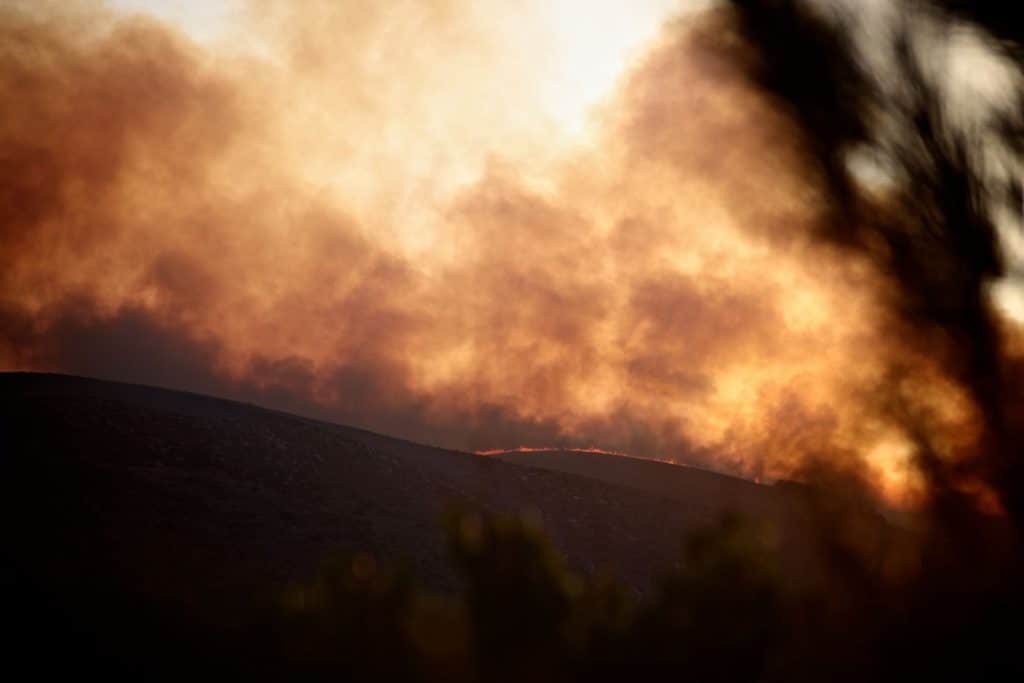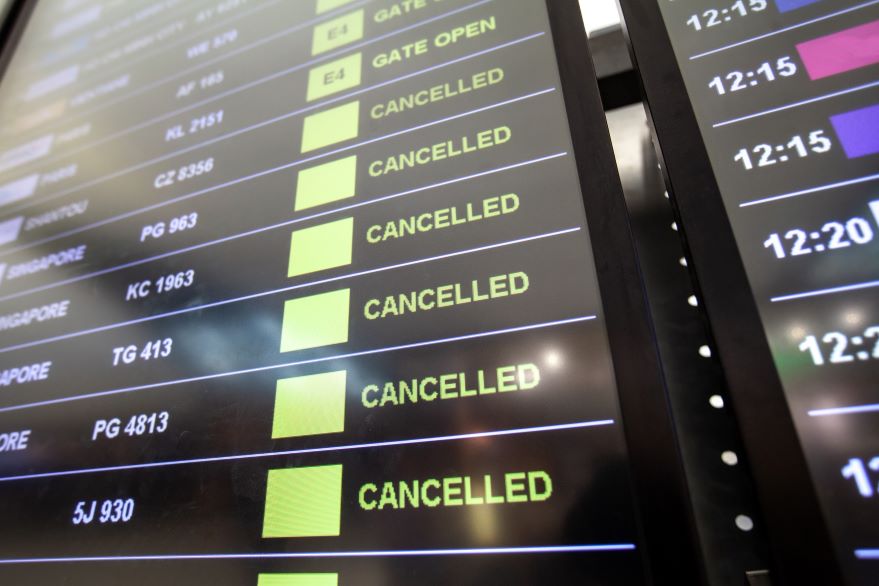Let’s be honest; planning a holiday should feel exciting, not nerve wracking. But in recent years, travellers have had to deal with more than just lost luggage or flight delays. From volcanic eruptions to sudden airport shutdowns, the world has thrown a few curveballs – and understandably, some holidaymakers feel a little uneasy.
So, what happens if something does go wrong on your trip? Can your travel insurance help if a protest breaks out, a cyber-attack grounds flights, or extreme weather hits? Or what about if you cancel, as the possibility of disaster is just too much to bear?
What does travel insurance include?
Typical travel insurance policies often cover:
- Medical emergencies
- Lost or stolen belongings
- Trip cancellation due to illness, injury, or bereavement
- Delays (after a certain threshold)
So how does that apply to headline-worthy disruptions, such as the Heathrow closure back in March or Greek wildfires last year? Or even political unrest like that witnessed in California. While travel insurance policies don’t cover these things explicitly, you may be able to claim for the related impact.
For example, you may not be covered for a heatwave, specifically but your policy should cover you for any illness as a result, if you had to have emergency care. Some insurers only cover specific events such as strikes, mechanical breakdowns, or adverse weather, while others provide broader coverage for alternative travel and accommodation arrangements. You may find that exclusions apply, so document everything you can and keep receipts.
Some insurers exclude costs that can be recovered from airlines, travel agents, or compensation schemes like ATOL, whereas other policies may offer travel disruption cover if no suitable alternative transport is provided within a set timeframe. You may be reimbursed for alternative transport if a significant delay (around 6-12 hours) occurs, while others only step in if the delay exceeds 24 hours.
What about nervous travellers?
But here’s the catch: if you cancel a trip just because you’re feeling uneasy, you usually won’t be reimbursed, unless the Foreign, Commonwealth & Development Office (FCDO) has issued official advice against travel to that location.
This is a key point. No matter how anxious you feel, travel insurers won’t cover “change of heart” cancellations unless there’s a specific, insured reason.
It’s also wise to double-check your insurer’s definitions of “known events.” For example, if a strike is already announced before you buy insurance, you probably won’t be covered.
Always check the FCDO website before booking or travelling. If they advise against all but essential travel to your destination and you go anyway, your insurance might be invalidated—and you could be left footing the bill.
Top travel insurance tips:
Book early and cover early – Get travel insurance as soon as you book your trip, so you’re protected if something happens before you go.
Understand your policy – Read the fine print or speak to your broker. If something’s not included (like natural disaster cover), ask if you can add it.
Keep receipts and documentation – If your plans are disrupted, you’ll need proof to support any claim.
Don’t cancel without checking – If you’re nervous about travelling, speak to your insurer first. Cancelling out of fear –without FCDO advice or a valid insured reason –will likely leave you out of pocket.
Unsure about travel insurance? Speak to an expert.
At Howden, we’re here to help you travel with confidence. Whether it’s your honeymoon, a family adventure, or a long-overdue beach break, we’ll help make sure your cover fits your plans—and protects you if the unexpected strikes. Talk to your local Howden expert today either at your high street branch, or over the phone.
You could also read:
- Car insurance prices drop 23% for young drivers!
- The most iconic on-screen number plates
- Good debt vs bad debt when buying a home
- Five hidden costs that could derail your holiday!
- Blooming good gardening tips!
- Where are you most likely to pass your driving test?
This is a marketing blog by Howden Insurance.



